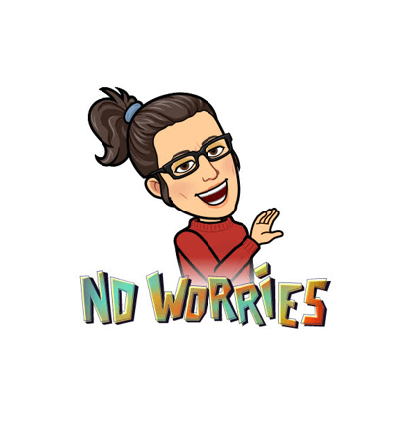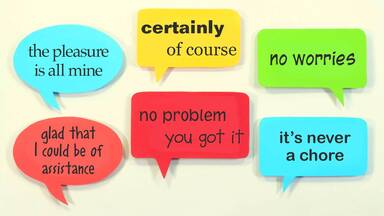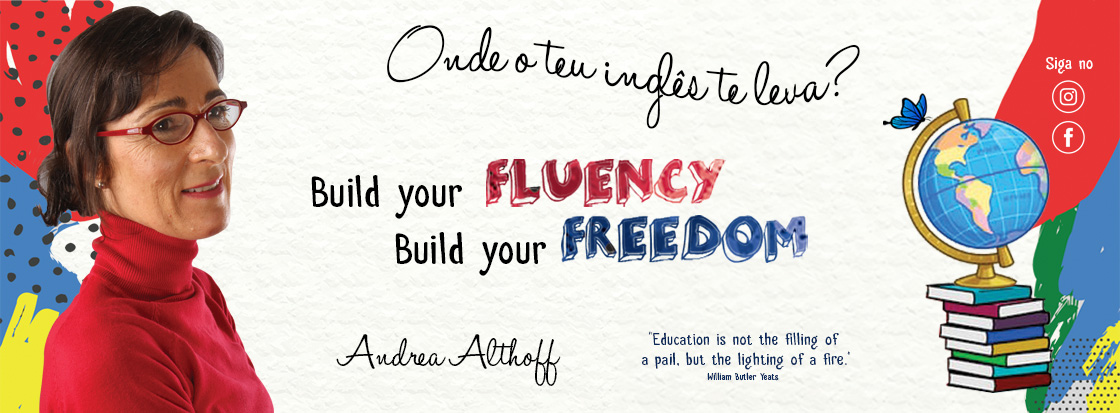
We all know that it’s polite to say “Thank you” to someone after they’ve done something good or helpful.
And as you hear words like “please,” “thank you,” “sorry,” “excuse me,” learning your manners in English can help you sound like a native speaker. If you don’t use them in certain circumstances, it even doesn’t look like you’re speaking English! Yeah! That’s what my experience with the English language tells me!
So if someone thanks you for something, what could you say in reply?
“You’re welcome” is by far the most common response, and there is nothing wrong with using it. That is the standard reply, and although it is, most of the time, an automatic and natural response, it’s a little bit overused.
So it’s essential to expand your vocabulary and knowledge of English so that you have different responses, which do have slightly different meanings.
“You’re Welcome” is part of good manners
in English
If you want to sound more native, though, then in many cases, you might not even say “you’re welcome” but a variation instead!

So here is a little skit that shows you other ways to respond to a “thank you.” Try to watch it with English subtitles off. Listen carefully to pronunciation. Then watch it again with the English subtitles on, if you need them. Do that with all the videos below.
So here are some useful expressions to respond to people’s thanks.
- You’re welcome. (neutral)
- You’re quite welcome. / You’re very welcome. / You’re so welcome. / You’re truly welcome. (formal)
- Don’t mention it. (informal)
- No worries. / Don’t worry about it. (informal)
- It was no problem. / Not a problem. / No problem. (informal workplace/social) / No prob! (slang)
- Sure. / Sure, no worries. / Sure thing. / Sure, anytime. (informal)
- The pleasure is mine. / It’s my pleasure. / It was my pleasure. / With pleasure. / My pleasure. / Pleasure. (professional and social situations)
- I’m happy I can help. / I’m happy to help. / I’m glad to help. / Happy to help. (professional and social situations)
- It was nothing. / It’s nothing. (informal)
- Anytime! (informal workplace and social situations)
Watch the last two responses from Bob below.
The following material has a quiz in it.
And to finish, one more thing!
Next time you thank someone, don’t be surprised if they respond with “Thank YOU!”
If someone says this, it means that not only were you helped, but you were helping someone else in return.
You can also check Common ways to say thank you and Thank you for the gift if you need.
